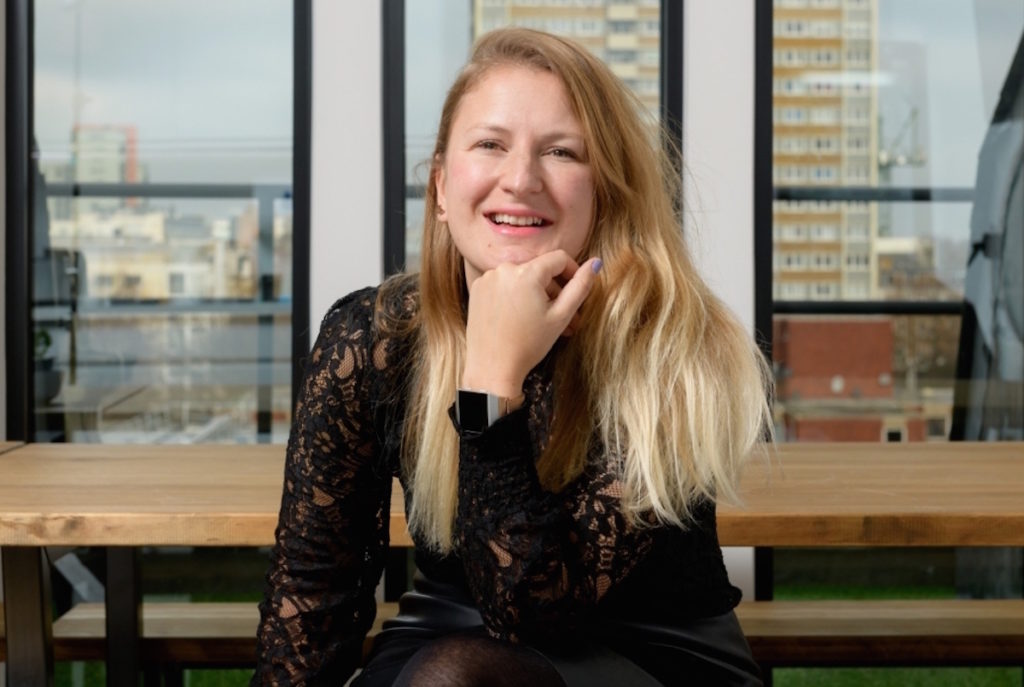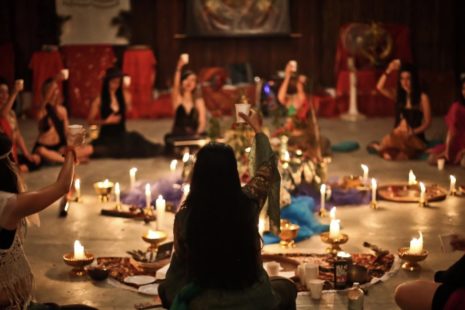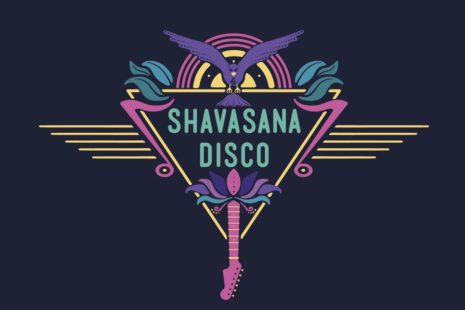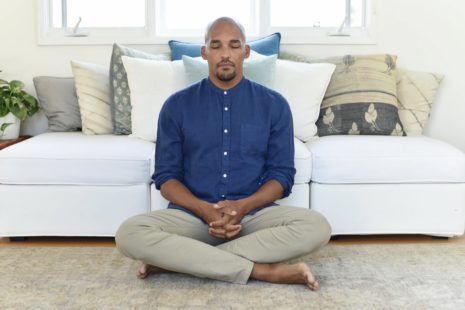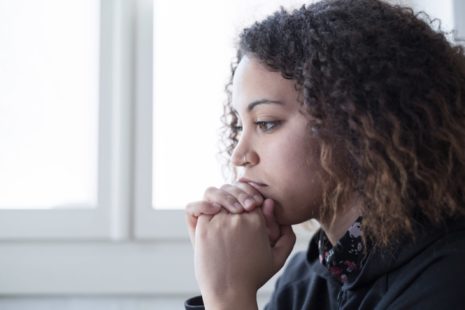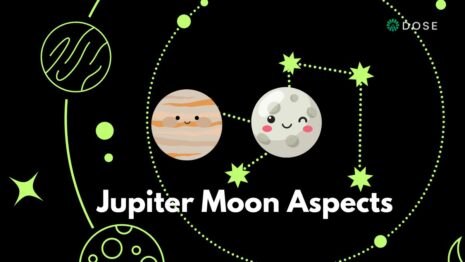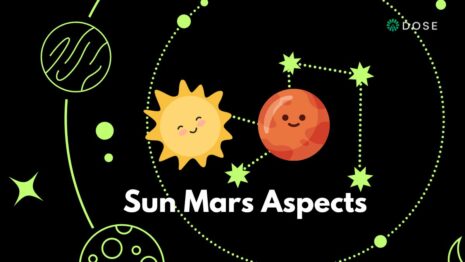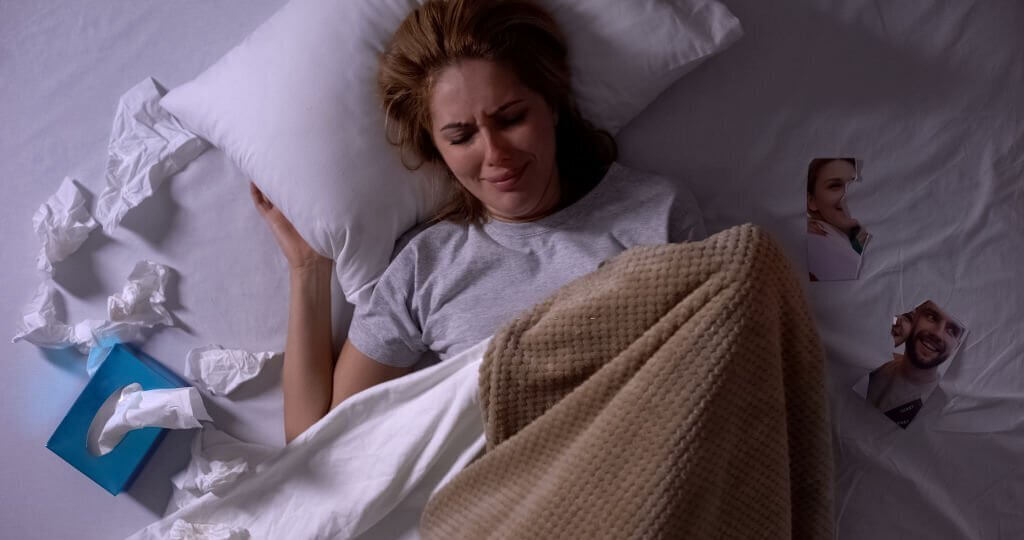There is no textbook for losing a parent. To mark Mother’s Day 2019, Lizzy, shares her experience of losing her mum as a teenager and how she’s been coping ever since…
I experienced death too early in life for my liking
When my mum died at 50, I was 18 years old. And I was a young 18-year-old. I’d never been one of those streetwise teenagers, out ’til god knows, doing god knows what. I was still very much cocooned in the comfy warmth of family life. Two parents who loved each other and three kids who were loved by them just as much. Then one day, it was taken away, just like that. Ovarian cancer in our case, dubbed “the silent killer” due to its ability to stay undetected for months. That was nearly 18 years ago. Now, and my memories of that time are strangely muted, as if painted in dull, washed-out colours rather than the rich, vibrant hues I picture when I look back on other times of my life.
I had just left school
After 18 years of being told what to do, with every minute of my life scheduled between classes, music lessons, hockey practice and everything else, suddenly there was nothing. No school and no mum. My dad and I were – and still are – very close. With my older siblings away at university we seemed to suddenly form an incredibly well-oiled two-man team. We had the weekly shop down to a fine art. We’d go to parties thrown by family friends and make all the right noises as we’d hear them all remark “how well you’re all doing, despite everything.” We carried on living as ‘normally’ as we could.
I remember feeling… almost nothing
I don’t mean I wasn’t upset, of course I was. But I remember just feeling numb – those washed-out colours again. Nobody teaches you how to grieve. There are no set rules on how to act, what to feel or what to think. And as a studious, rule-abiding, instruction-following head girl type, the lack of textbook for losing a parent threw me a bit. Was I allowed to have fun at parties? Was forgetting to think about mum for a few hours ok? And was it cool to laugh if I found something funny?
TV taught me how to grieve
They tell you not to watch too much TV when you’re growing up as it “fills your head with nonsense” and so on. In truth, TV taught me how to grieve. In the years that followed Mum’s death, I devoured TV series with more hunger than before. And it was those which looked at death – however different the circumstances to my own situation – which caught my attention the most. I felt like they almost gave me permission to feel or act certain ways, helped me make sense of death and weirdly, sometimes made me feel closer to Mum.
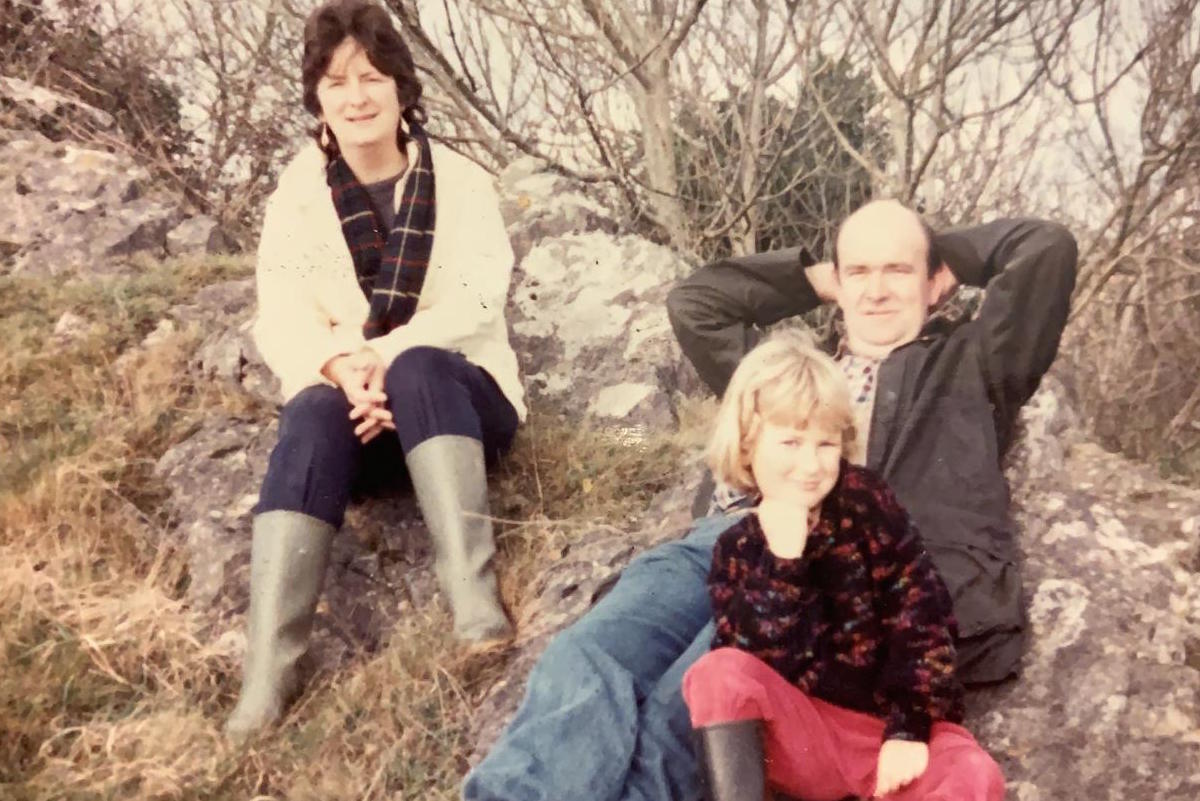
LOST was a big deal in that sense. The subtle and not-so-subtle metaphors for death and the afterlife in that show are well documented (and no, they were not “all dead all along”, haters). For all the complaints levelled at what in my opinion is a masterpiece, the way it explored what it means to be separated from those that you love, and the different ways people deal with it, sparked something in me. Similarly – and bear with me on this – there is a late episode of teen megaseries The OC called The Chrismukk-huh? where after finding himself in an alternate universe, central character Ryan thinks his now-deceased girlfriend Marissa is still alive, and rushes to the airport to meet her, unable to believe his luck that he’s about to be reunited with his formerly-dead love. Now The OC might be no epic saga, but the rush of feelings Ryan has when given a fleeting bit of hope that he’ll see her again used to happen to me fairly regularly, after having dreams about my Mum still being around. I felt what he was feeling and it stayed with me for a long time.
Everyone gets moved to a certain degree by these kinds of shows
But it felt like they came into my life at the right time, when I needed some instruction on the grief front. I wish now that something like the wonderful Griefcast podcast by Cariad Lloyd had been around in those days, which regularly shares stories of others in the DMC (Dead Mum Club) and their own experiences and coping mechanisms. Most importantly, it makes you feel like you are not alone.
More recently, the relatively lesser-known The Leftovers – by LOST co-creator Damon Lindelof and Tom Perrotta – unexpectedly became the TV show to have had the biggest impact on me so far. The premise goes that three years after the sudden disappearance of 2% of the world’s population, people in a small New York town are trying to get on with their lives. As an examination of attitudes to loss, there is nothing better in my humble opinion. From the lengths people will go to to be ‘reunited’ with lost family members, to the ways in which people try and block out the pain, have the need to find closure or feel guilt for not feeling enough, The Leftovers’ raw and unrelenting story grabbed me and helped me to think about my own loss in new ways.
Even now, new shows come out which help in their own small way. I’ve long been a fan of Ricky Gervais’s comedies which examine everyday situations in often-humorous detail. Just as he nailed offices, actors and old people’s homes in The Office, Extras and Derek respectively, so he captured perfectly what it means to lose someone – but not become defined by that loss – in the recent After Life. Even nearly two decades after I lost my Mum, characters like Tony Johnson are still helping me make sense of death. And life.
Get your weekly DOSE fix here: SIGN UP FOR OUR NEWSLETTER
Related Posts:
- The Meaning Of The Death Tarot Card
- Libra Compatibility Explained: Love, Marriage, Sex and Life
- Leo Compatibility Explained: Love, Marriage, Sex and Life
- Aries Compatibility Explained: Love, Marriage, Sex and Life
- Virgo Compatibility Explained: Love, Friendship,…
- Capricorn Compatibility: Love, Friendship, Marriage,…
